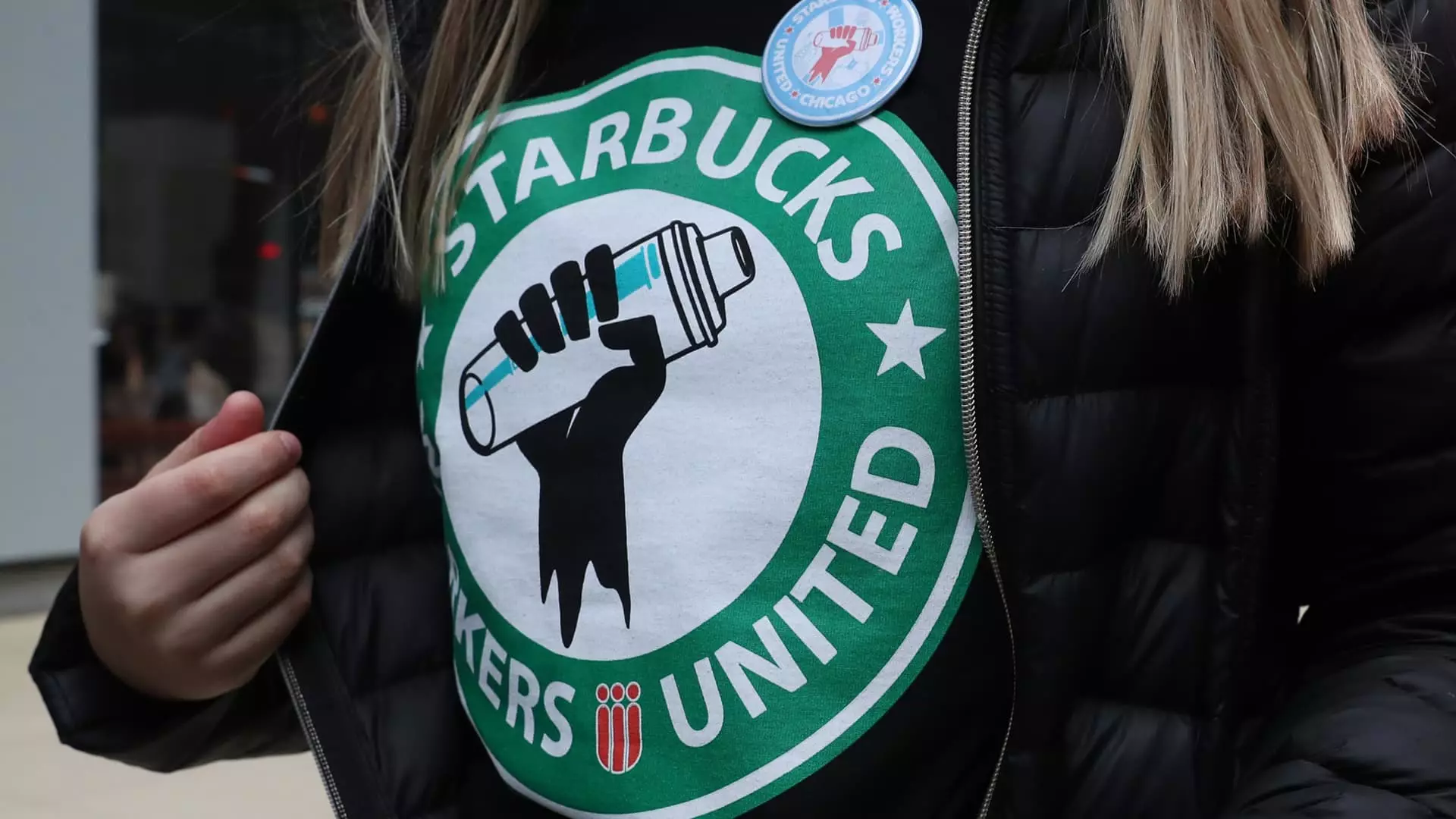Starbucks and the union representing its baristas, Workers United, are set to meet once again to resume contract negotiations after a long-standing stalemate. This development comes after both parties announced in February that they had found a “constructive path forward” during mediation discussions related to a dispute over the union’s use of Starbucks’ branding. This marks a significant shift for Starbucks, which had been engaged in a two-year battle against Workers United and the larger movement to unionize its cafes.
Since the first elections in December 2021, around 500 company-owned Starbucks locations in the U.S. have voted to unionize under Workers United. However, despite these votes, none of these locations have been able to reach a collective bargaining agreement with Starbucks. Previous negotiations between the two sides had quickly reached a stalemate, with accusations from both parties of sabotaging the talks. Starbucks had insisted on face-to-face negotiations, excluding representatives appearing via Zoom, while the union claimed this was a stalling tactic on the company’s part.
In the upcoming negotiations, approximately 150 union representatives will be present in person to bargain, while several hundred more will participate remotely. The focus will be on negotiating and ratifying store agreements separately, although proposals that could impact all Starbucks workers represented by the union may be made. Workers United has been advocating for higher wages, more consistent scheduling, and other priorities to improve working conditions for Starbucks employees.
Under labor laws, employers and unions are required to bargain in good faith, but there is no legal obligation to reach a collective bargaining agreement. Workers who lose faith in the union have the option to petition for decertification after a year, placing a time limit on negotiations. The National Labor Relations Board (NLRB) has received 19 pending petitions for decertification, although it has denied 18 petitions citing unfair labor practices by Starbucks.
The resumption of contract negotiations coincides with Starbucks’ appearance before the Supreme Court to appeal a lower court’s decision to approve an injunction sought by the NLRB to reinstate seven fired workers at a Memphis cafe. Starbucks argued that the NLRB has a lower threshold for issuing injunctions compared to other agencies. The outcome of the appeal could potentially impact the authority of the NLRB and organized labor as a whole.
As Starbucks and Workers United prepare to reengage in contract negotiations, the outcome of these talks will have significant implications for the company, its employees, and the broader labor movement. Both parties will need to demonstrate a commitment to good faith bargaining to address the issues at hand and work towards a mutually beneficial agreement. The decision of the Supreme Court in Starbucks’ appeal will further shape the dynamics between employers, unions, and regulatory bodies. Stay tuned for more updates on Starbucks and the ongoing negotiations with Workers United.

